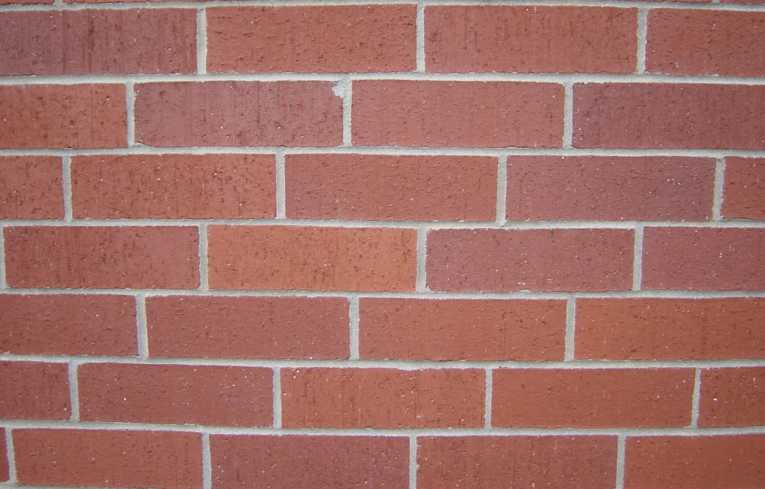Saving energy is a very important factor when it comes to living an eco-friendly existence. Aiming to reduce your carbon footprint involves many different factors, one of which includes the job of properly preparing your home for winter.
This is important for several reasons, not just to protect the environment. First, it will help to protect your home from water damage, which can be a costly expense. Second, proper weatherproofing will help you use less energy and save money. Little gaps in a home's exterior allow warm air to escape and cause the heater to work harder than it should. In addition, consuming more gas and electricity will mean that your carbon footprint increases.
In order to stop this cycle of using and losing heat, examine your home and look for any cracks in the walls, roof and/or windows. Windows often lose the most heat, so if you can invest in double-glazing, it might be worthwhile to save money in the long run. If that is not possible at this time, consider using extra thick curtains to help stop the cold air seeping in through the glass. Also, be sure to seal every gap around the windows with all-weather caulk, both inside and out.
Add additional insulation to your home by filling in wall cavities and lining the attic with eco-friendly foam. This can make a massive difference in the amount of fossil fuels your home uses. Gas, oil and electricity prices can be greatly reduced, as can your carbon footprint.
Another problem area can be with the central heating system and/or water heater. Many older models are not energy efficient. In some cases, the capacity may even be far too large for the size of your home. Check your home's heating systems, and hire a local professional to replace outdated models for more modern ones if possible. They will use less energy and work more efficiently at warming your home and water.
Many governments even offer incentives to encourage more homeowners to address energy conservation issues. These incentives vary in each country, but some homeowners could receive up to five hundred dollars to improve their home's insulation, and up to two hundred dollars for installing new windows.
As colder weather arrives, you will also need to clean up the garden by raking leaves and turning over annuals that have perished. The leaves can be composted to make an excellent fertilizer for the garden in spring, which helps to cut back on reduce the need for chemical fertilizers. Grass cuttings can also be mixed into the compost, along with household waste like egg shells, vegetable cuttings and thin cardboard.
As cold weather kicks in, take the time to check these areas of your home. Address any issues that you find and you will be fully prepared when the coldest weather arrives.










